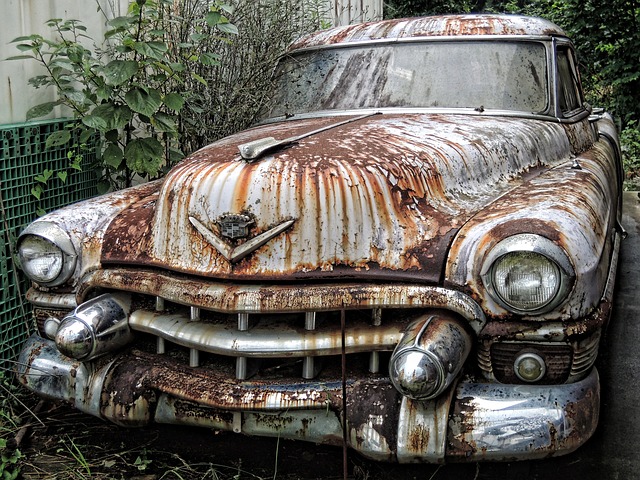When buying a used vehicle, rust is one of the most concerning issues you might encounter. While a little surface rust is usually manageable, significant corrosion can spell disaster for your car’s safety, durability, and value. So how do you know when a bit of rust is just cosmetic — and when it’s a serious problem? This blog will walk you through the key signs of excessive rust and explain how hiring a mobile car inspector can help ensure you don’t end up with a vehicle that’s too far gone.
The 3 Types of Rust You’ll See on Used Cars
Rust can be classified into three main types:
- Surface Rust:
- This type of rust is purely cosmetic, typically found on paint chips or scratches.
- It’s limited to the outermost layer of metal and can usually be fixed with touch-up paint or sanding.
- Surface rust isn’t a dealbreaker. Many used cars have a bit of it, especially in older models.
- Scale Rust:
- If surface rust isn’t treated, it can deepen into scale rust, which eats away at the metal.
- This type compromises the car’s structural integrity by weakening the body panels.
- Signs include flaky or bubbling paint, or areas where metal looks like it’s peeling away.
- Some scale rust may be repairable, but it could require welding or replacement of affected parts.
- Penetrating Rust (Structural Rust):
- The most serious kind. This rust corrodes deeply into the frame and critical components, such as the chassis, suspension mounts, or brake lines.
- Once the frame is compromised, it can become unsafe to drive. Fixing structural rust is expensive and often not worth it.
How Much Rust is Too Much?
Here are the key red flags that signal the rust might be too much:
- Rust on the Frame or Subframe:
- If there’s noticeable corrosion on the frame or subframe, the structural integrity of the car may already be compromised.
- Inspectors look for rust holes or areas where the frame can be bent with a light tap.
- Rust on Critical Components:
- If rust is present on suspension parts, brake lines, or fuel tanks, this poses a major safety hazard.
- These parts are essential for the car to function properly, and replacing them can be very costly.
- Bubbling Paint or Flaking Metal:
- Rust that has progressed under the paint or metal is usually more extensive than it appears.
- Bubbling is a sign that the metal underneath is corroding, and it will likely worsen with time.
- Rust Holes (Especially on Undercarriage):
- A rusty undercarriage is common, but holes or large patches of rot indicate that the car may not be safe.
- If the metal is brittle, it could lead to major failures down the line.
Why a Mobile Car Inspector Is Essential for Spotting Rust
It can be difficult for an untrained eye to determine how serious rust is. A mobile car inspector like iNeedaPPi is an invaluable asset in the used car buying process because they can:
- Perform a Thorough Undercarriage Inspection:
- Rust often hides in places that are hard to see, like the frame, exhaust system, or wheel wells. Inspectors use tools like cameras, mirrors and flashlights to check these areas.
- Assess the Severity of Rust Damage:
- They know the difference between cosmetic rust and rust that compromises safety and value. This expertise can save you from buying a car that needs expensive repairs.
- Provide an Objective Report:
- Mobile inspectors give you a detailed inspection report, including photos and descriptions of any rust they find. This helps you negotiate the price—or walk away entirely.
- Spot Hidden Rust Repairs:
- Some sellers try to cover up rust with fresh paint or undercoating. Inspectors can spot these cover-ups, saving you from future surprises.
When Should You Walk Away from a Rusty Car?
It’s smart to pass on a used car if:
- There are rust holes in the frame or floorboards.
- Suspension components or brake lines show advanced rust.
- The cost of rust repairs would outweigh the value of the vehicle.
Final Thoughts: Don’t Let Rust Ruin Your Deal
Rust isn’t always a dealbreaker — but knowing how much is too much can make the difference between buying a reliable used car or a rusty headache. Hiring a mobile car inspector ensures you’re not relying solely on the seller’s word or your own limited inspection skills. Their expert evaluation can give you peace of mind and prevent costly mistakes.
When in doubt, let a professional be your guide. A mobile car inspector will help you steer clear of cars with dangerous rust issues, making sure you don’t invest in a vehicle that won’t stand the test of time.



